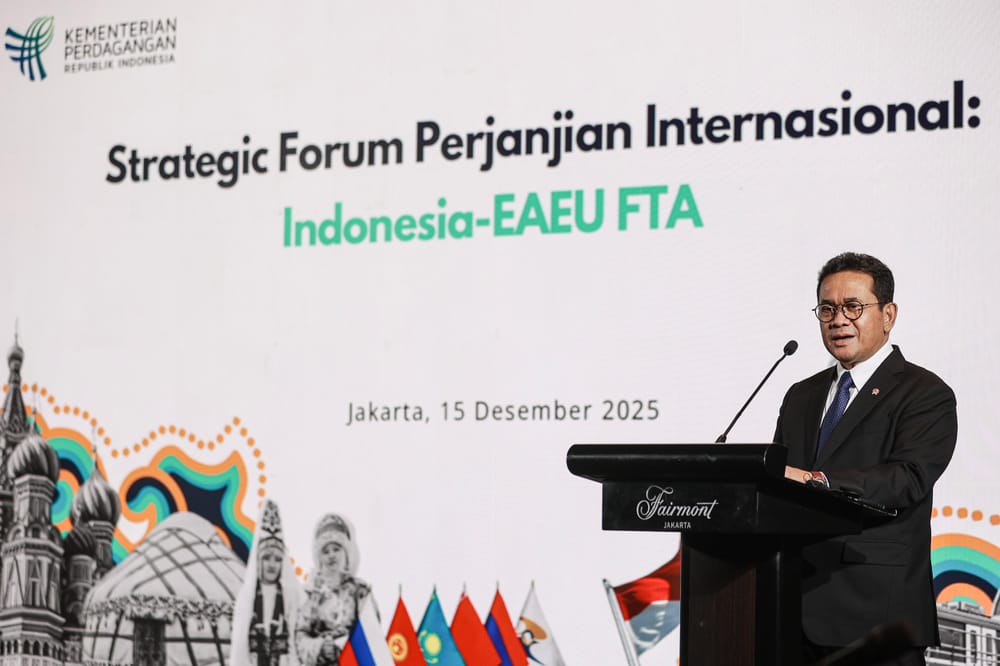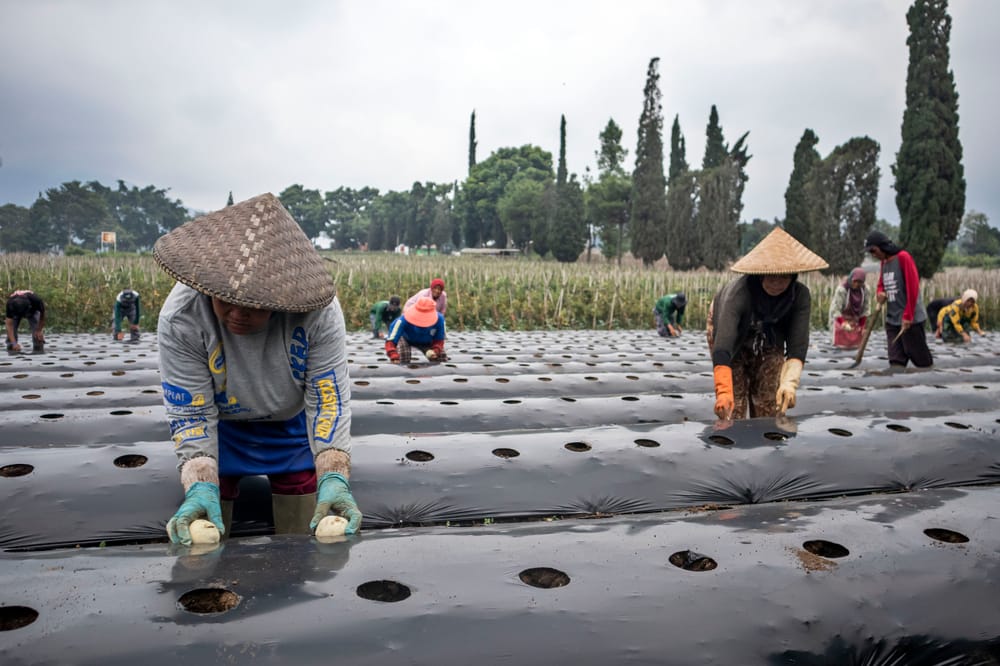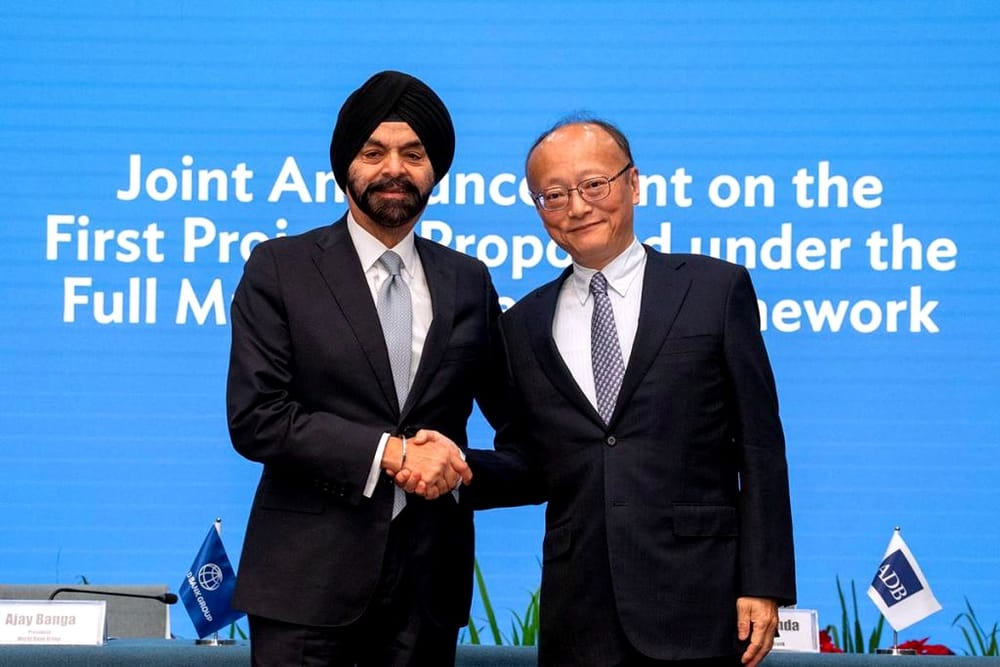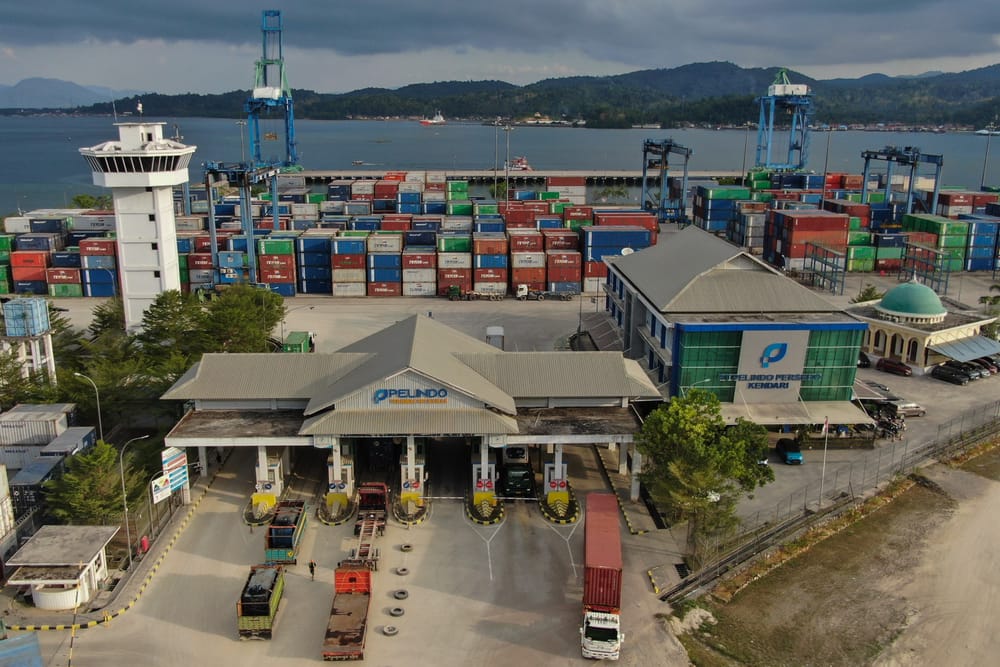Indonesia continues to add to its list of trade agreements with countries around the world. This time, the trade agreement with the Gulf countries, called the Indonesia-Gulf Cooperation Council Free Trade Agreement (I-GCC FTA), will be completed.
The I-GCC FTA is targeted for completion by the end of 2025, as the negotiation process is currently in its third round. This agreement is considered important because it is a golden opportunity for Indonesia to strengthen the diversification of its export markets.
Executive Director of the Institute for Development Economics and Finance (Indef), Esther Sri Astuti, said that the I-GCC FTA must be followed through to the end, and not just remain a discourse, because this trade agreement is very promising.
The six member countries of the Gulf Cooperation Council (GCC) are Saudi Arabia, Kuwait, United Arab Emirates, Qatar, Bahrain and Oman. With the I-GCC FTA, Indonesia has alternative export markets, not only depending on China and the United States.
"The Gulf countries are very rich and can benefit Indonesia. This opportunity does not come twice, so this trade agreement must be completed immediately," Esther told SUAR in Jakarta (9/9/2025).
"This opportunity does not come twice, so this trade agreement must be completed immediately," said Esther.
Indonesian products that can be exported to these Arab countries are agricultural products, such as rice to Saudi Arabia. Understandably, many Indonesian pilgrims go to the Holy Land to perform Umrah. Thus, rice products from the country will definitely be a prima donna and sell well.
Meanwhile, Indonesia's main import commodities from the GCC include crude petroleum oil, petroleum oil other than crude, petroleum gas, semi-finished iron products, and various types of sulfur.
Encouraging the achievement of a middle ground
For the record, the Indonesia-GCC FTA negotiations were officially launched on July 31, 2024. This is Indonesia's third trade negotiation with partners in the Middle East region, after the Indonesia-UAE CEPA and the Indonesia-Iran PTA.
Currently, Indonesia and the Gulf Cooperation Council (GCC) have completed the third round of negotiations for the free trade agreement – Indonesia-GCC Free Trade Agreement (I-GCC FTA) – which took place in a hybrid format from September 1 – September 5, 2025.
Director General of International Trade Negotiations at the Ministry of Trade, Djatmiko Bris Witjaksono, said that the I-GCC FTA is targeted to be substantially completed by the end of 2025.
The third round of negotiations is one step to accelerate the completion of negotiations. "We encourage the achievement of a middle ground and flexibility from both parties, especially on key issues of common interest," he said in an official statement received by SUAR (7/9).
"We encourage the achievement of a middle ground and flexibility from both parties, especially on key issues of common interest," said Djatmiko Bris Witjaksono.
The third negotiation discussed a number of main issues, such as trade in goods, services, investment, and rules of origin. In addition, economic cooperation, strengthening small and medium enterprises (SMEs), and the Islamic economy (halal) were also discussed.
Djatmiko emphasized that the success of this FTA is expected to strengthen Indonesia's product access to the Middle East, Africa, and Europe.
He explained that the third round produced significant progress. Indonesia and the GCC managed to reach an agreement on the issue of movement of natural person (MNP) and encouraged the completion of the negotiating text. "To accelerate the completion of negotiations, an intersession meeting will be held before the fourth round," he said.
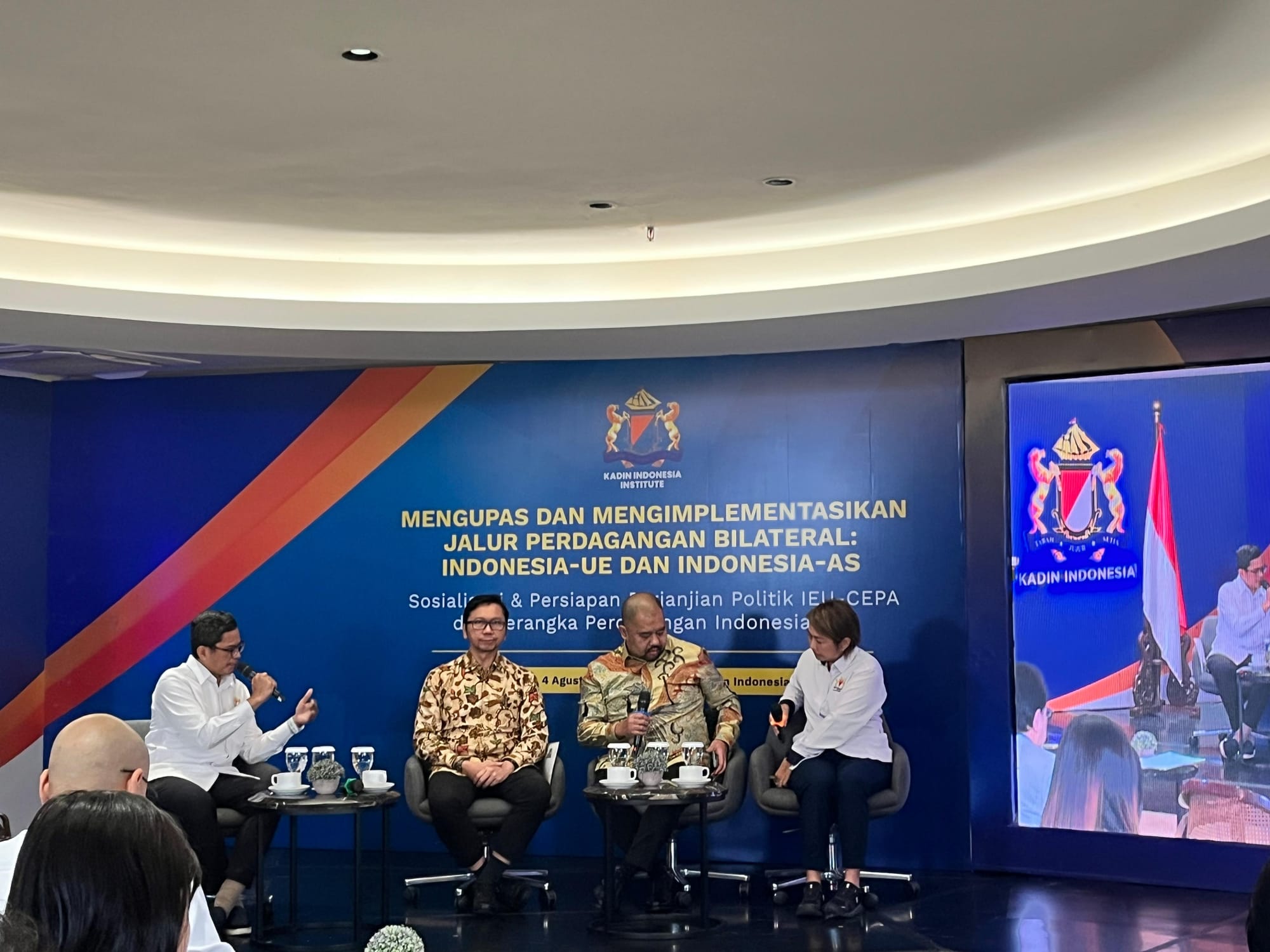
Based on projections, this free trade cooperation can increase Indonesia's economic welfare by up to US$ 258.40 million and boost exports to the Gulf region by 17.4%.
Products projected to grow significantly include electronics (33.86%), leather (29.3%), metals (28%), manufacturing (27.7%), and textiles (30.7%).
In the January–June 2025 period, total Indonesia-GCC trade was recorded at US$ 7.9 billion. In detail, Indonesia's exports to the GCC were recorded at US$ 7 billion and imports from the GCC were recorded at US$ 8.5 billion.
Exporters give 100% support
Chairman of the Indonesian Oil Palm Entrepreneurs Association (Gapki), Eddy Martono, said that Gapki fully supports the government's move to accelerate the I-GCC FTA trade agreement because it could increase CPO exports.
Indonesian CPO products are already in demand in Saudi Arabia. So, with the I-GCC FTA agreement, there is an opportunity for other countries – such as Oman and Kuwait – to enjoy Indonesian CPO products as well.
"I support any government policy as long as it is good and benefits the business world," he told SUAR in Jakarta (9/9).
The largest market for Indonesian CPO exports is still dominated by India and China. The Gulf countries could become export destination markets that must be utilized and optimized.




